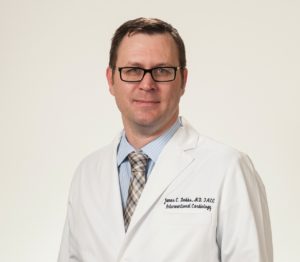T
o be true, being a primary care physician is one of the most revered professionals in the world. In fact, patients will usually turn to you as the first professional to offer solution whenever they have problems.
What You Need to Study
To become a PCP, you have to go through a series of academic and professional qualifications. You must be ready to undergo lengthy and expensive educational requirements including internships and residencies. Generally, you will need between eleven and fifteen years to come a fully-fledged primary care physician, able to tackle all medical situations.
At high school level, you can start taking advanced medical courses in science and health, which include biology, human anatomy, chemistry, nutrition, and physiology. These courses can help sharpen your skills earlier enough as you get ready to join medical institutions of higher learning. Besides, you learn about the principles of medicine and the nature of human body.
In the final years of high school, you should start applying to undergraduate universities, paying attention to those with the best medical premedical programs. Undergraduate medical programs often take four years, a period in which you go through several courses relating to health, human anatomy, and physiology.
Upon successful completion of undergraduate program, you can look for paid or volunteer assignments in an approved medical facility to gain experience and beautify your resume. Meanwhile, you take a Medical College Admissions Test, which allows you to gain admission into an approved medical school.
Medical School
Entry to a medical school is usually performance-based and a combination of factors affects admission such as MCAT performance, good recommendation letters, and clinical experience. Medical school programs often run for four years, during which you take advanced courses in health, medicine, chemistry, and the effects of various diseases on human body.
After medical school, you receive your doctorate degree and begin internship in an approved hospital. The internship can last for one year or more, and then you resume residency that can last for another two to six years, under supervision of trained and qualified doctors as well as residency leaders.
If you are committed to going through the whole system, being a qualified primary care physician is a rewarding profession that is also gratifying.







